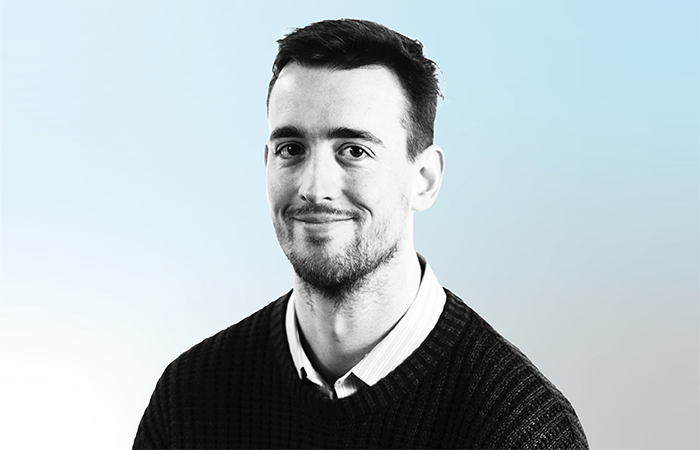
When generative AI hit the mainstream a year or so ago, many scientists were excited about the prospect of using tools, such as ChatGPT, to automate laborious writing tasks – many already are, as our animation shows.
But there are risks, as Christopher Harrison found out. After playing around with ChatGPT, he realized that his students had been using it to answer his homework problems all semester…
Academic integrity concerns aside, what about the potential utility for scientists? Tony Taylor has had some limited success using ChatGPT to troubleshoot problems in chromatography context (see page X). But he is more excited about generative AI-based tools designed to solve specific problems for researchers – to ease the programming burden, for example. And you can also read our interview with Big Tech veteran Lalin Theverapperuma who is working in this area.
But I do wonder if we’re getting caught up in the hype. Perhaps the real AI revolution won’t have anything to do with generative “AI.” When we asked chemometrics veteran Rasmus Bro about the potential problems we could solve with AI, he said: “It cannot be denied that there is a great deal of hype around AI, largely driven by the recent emergence of generative AI tools, such as ChatGPT. How these tools will change society, especially in the education and teaching domain, is fascinating. But I’m afraid it just doesn’t have a great deal to do with analyzing analytical chemistry data!”
As Tony Taylor says, “Clearly there is a big divide between the highly accessible LLMs I have been using and the marvelous AI engines that are designed and implemented for the analysis of large datasets, experimental optimization, and interpretation and deconvolution of highly complex MS signals or nuclear magnetic resonance spectroscopy signal interpretation.”
Rasmus is concerned that we end up spending a lot of money on “silly projects” if decision makers are focused on the hyped version of AI, rather than actual AI – data analysis and chemometrics.
Perhaps we need more chemometrics experts to come forward and explain why we ought to be getting excited about the real AI revolution.




